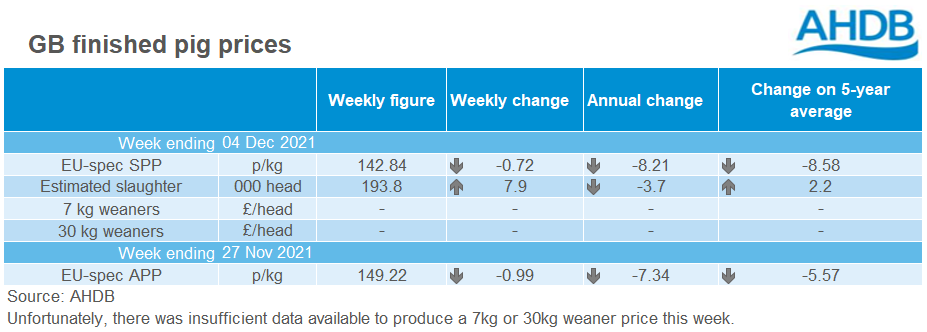Just 108 companies now control a fourth of China’s swine production capacity, according to a list prepared for a recent swine industry forum. Unpredictable gyrations in China’s hog market continue with the influx of big pig farmers, contrary to the expectations of agricultural officials.
Pigs have historically been scattered across millions of backyard pens, sheds, and living rooms in Chinese villages. At the peak of backyard pig-farming, China’s 1997 agricultural census counted over 130 million rural households raising pigs–usually one or two at a time–and those small family holdings accounted for 95 percent of the swine inventory.
In recent years a handful of companies have been on a hog-farm construction binge. Their expansion accelerated during a 2014-17 environmental regulatory push that shut down hundreds of thousands of small farms. Then the African swine fever epidemic wiped out millions more of small farms, biosecurity requirements and a new round of subsidies favoured big companies, and “pig concept” stocks became fashionable, attracting billions of dollars of capital investment.
A list of 108 companies with at least 10,000 sows was compiled for the 7th China swine industry summit based on company financial reports, industry news, and unpublished sources. The combined sow inventory of the 108 companies as of October-November 2021 was 11.79 million head. That’s about a fourth of the 44.79-million-head national sow inventory reported by the China National Bureau of Statistics’ as of the end of September.
Muyuan Foods Group was the clear number-one company, with 2.7 million sows. Three other companies–Wens Foodstuff, New Hope-Liuhe, and Zhengbang Technology–were listed with 1 million or more sows. These top four companies had a combined 5.9 million sows. Another 15 companies had 100,000-400,000 sows each (3.2 million sows combined), 22 companies had 50,000-90,000 sows (1.4 million combined), and 67 companies had 10,000-40,000 sows (1.2 million combined).
Muyuan pulled ahead of the competition during the African swine fever crisis. A ranking from 2016 showed Wens produced more than 5 times as many hogs as Muyuan and Zhengbang, and a 2019 ranking still showed Wens in the top spot. Muyuan now has 2.7 million sows, more than double Wens’ 1.2 million.
For years Chinese agricultural officials have blamed small farmers for constant booms and busts in the hog industry–“blindly” expanding when prices are high and then killing off sows when prices drop. However, the influx of gigantic farms has perpetuated industry gyrations.
The report estimated that the current population of sows could produce 235.8 million finished hogs if each produced 20 marketed hogs per year. Hogs raised from a sow bred now would be ready for market in September 2022.
The report estimates that 150 companies had 10,000 sows at the beginning of the year, but the number dropped to 108 due to culling of unprofitable sows. The report estimates that the top 108 farms are operating at just two-thirds of their capacity–a third of barns and stalls are empty due to the crash in prices this year.
by Dim Sums
